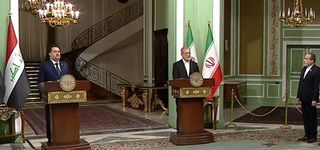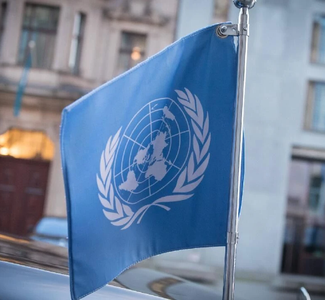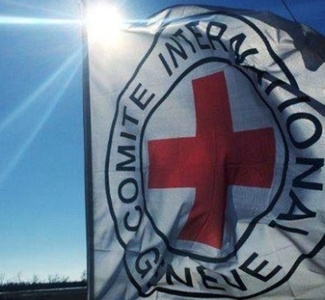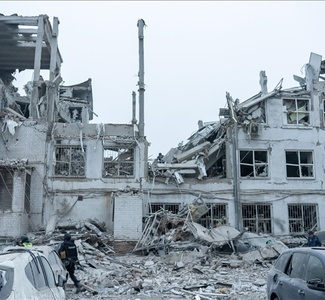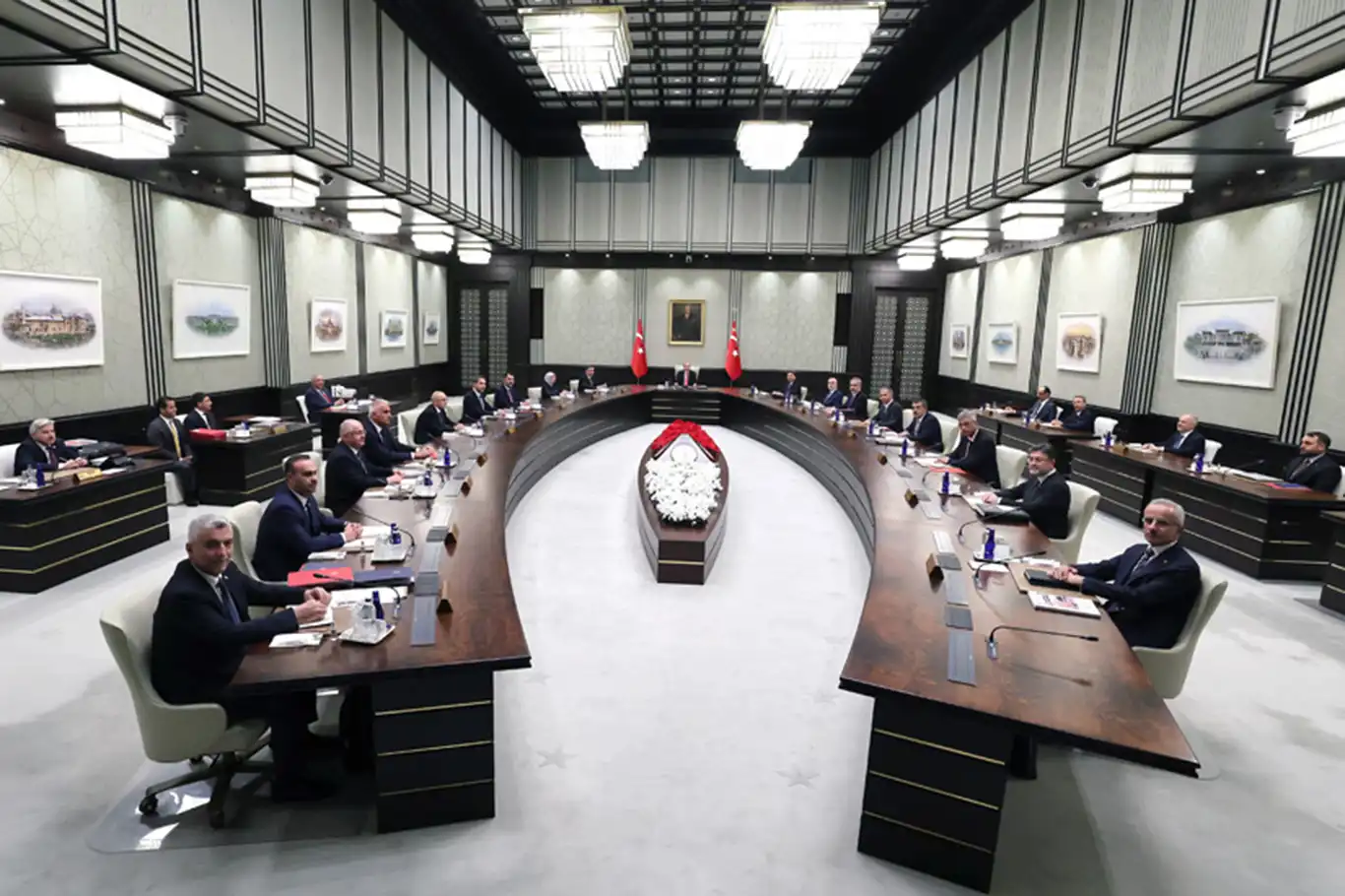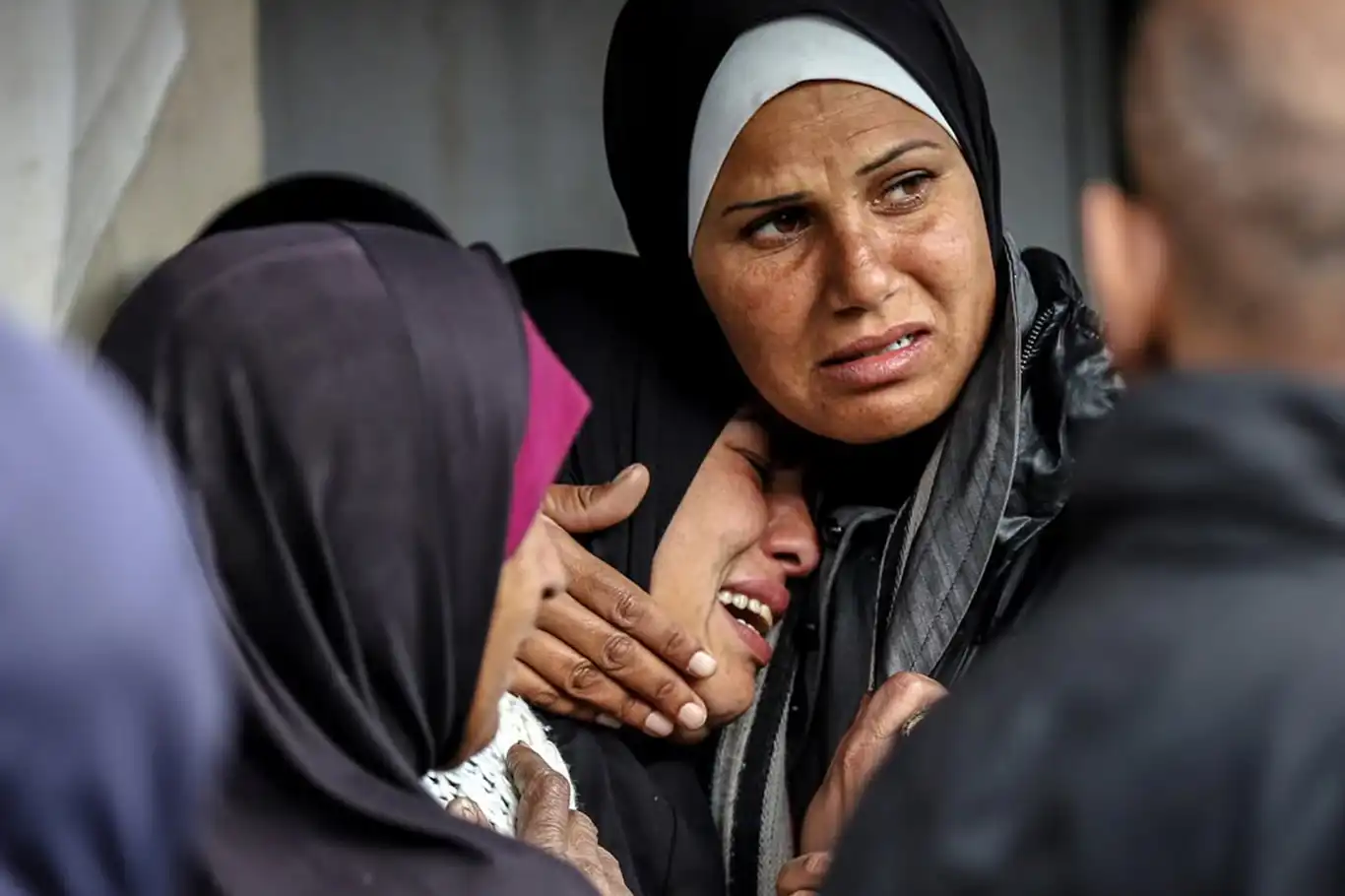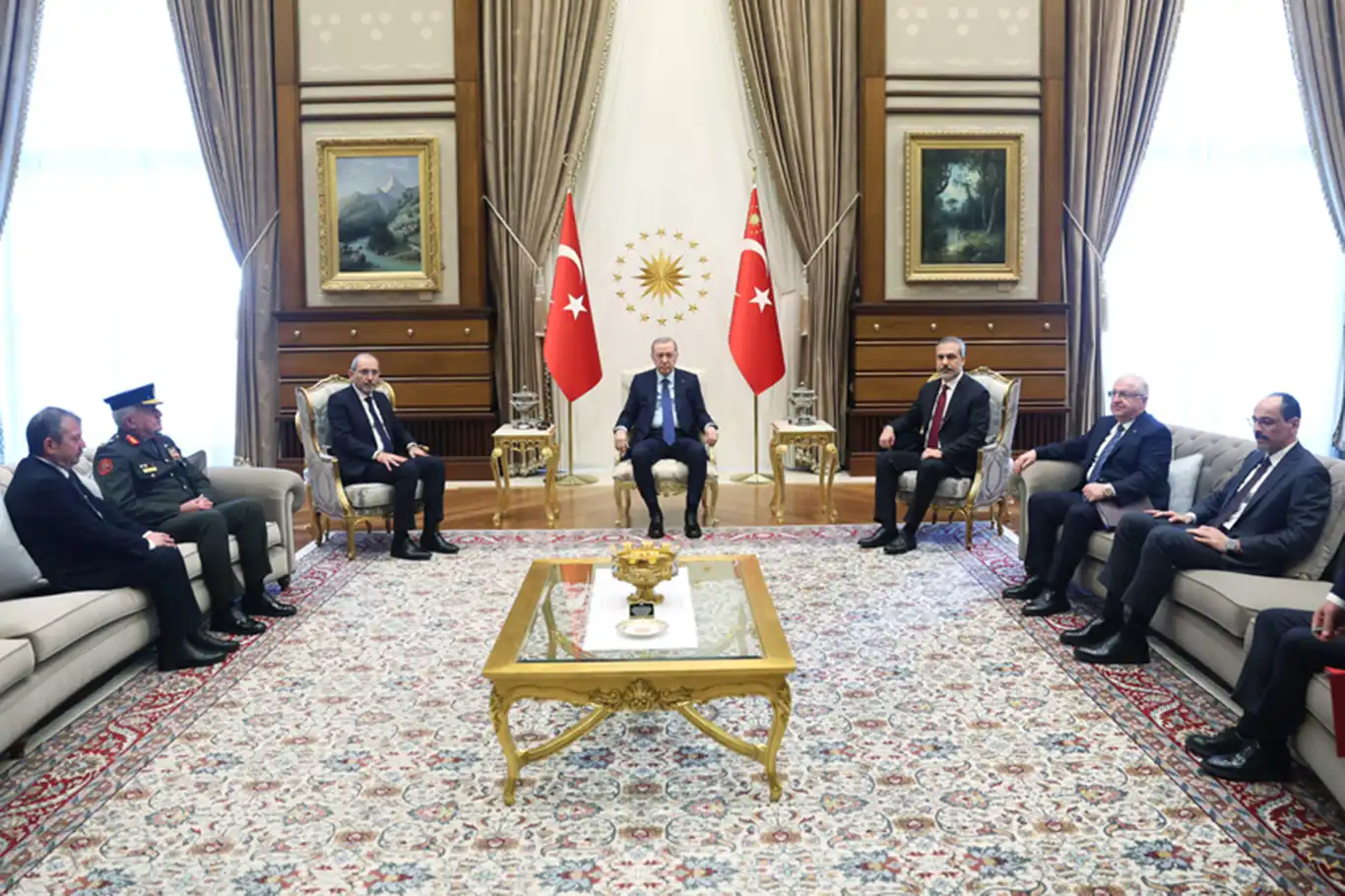Top UN officials urge increased support for Syria crisis at Brussels Conference
As the Seventh Brussels Conference on 'Supporting the future of Syria and the region' gets underway, key United Nations figures have come together to deliver a powerful message urging greater assistance for the ongoing Syria crisis.

 Google News'te Doğruhaber'e abone olun.
Google News'te Doğruhaber'e abone olun. The joint statement is issued by Martin Griffiths, Under-Secretary-General for Humanitarian Affairs and Emergency Relief Coordinator; Filippo Grandi, UN High Commissioner for Refugees; and Achim Steiner, Administrator of the United Nations Development Programme.
The statement highlights the staggering toll the protracted Syrian conflict has taken on the Syrian people, Syrian refugees, and neighboring communities. Notably, the crisis has now endured twice as long as the Second World War, causing immense suffering and displacement:
- Every district in Syria is facing humanitarian stress, with over 15 million people, or 70% of the population, requiring urgent aid and protection.
- More than 13 million individuals have been compelled to flee their homes in search of safety.
- This includes 6.8 million Syrian refugees residing in neighboring countries for more than a decade.
- Egypt, Iraq, Jordan, Lebanon, and Turkey now host 13.5 million people in need of humanitarian and long-term resilience support, including 6.1 million individuals in local host communities.
- Within Syria, 12 million people struggle with food insecurity, while an additional 2.8 million are at risk.
- Alarmingly, one in four Syrian children suffer from stunted growth, jeopardizing their long-term development, with 2.4 million children out of school and a further 1.6 million at risk of dropping out.
- Recent earthquakes in February compounded the crisis, exacerbating humanitarian needs.
- Conditions for Syrian refugees in major host countries have deteriorated, with 90% unable to meet basic needs in Lebanon and Turkey, and 65% forced into debt in Jordan.
- Syrian refugee women and girls face systemic gender inequality, limited access to resources, and heightened risks of violence, including domestic abuse.
While the United Nations and non-governmental organizations have tirelessly worked to support Syrians across the country and aid Syrian refugees and their host communities, they stress the urgent need for greater financial support from the international community.
The revised Humanitarian Response Plan for Syria calls for $5.4 billion, yet it is currently only 11% funded, encompassing pillars of humanitarian assistance, protection, and early recovery. Similarly, the Regional Refugee and Resilience Plan (3RP) for refugees and host communities in the region appeals for $5.77 billion but has only received 10% of the required funds.
Recognizing the previous generosity of donors and the substantial burden borne by host countries grappling with global economic pressures, the officials appeal for sustained support to meet the immense needs of the Syrian people and their hosts. They emphasize that every contribution will alleviate suffering and offer hope to millions.
The message concludes by urging donors to step up their commitments, provide the necessary resources promptly, and reinforce efforts to address the dire humanitarian situation in Syria and the region. The time to act is now, ensuring ongoing support for Syrians and addressing the pressing needs throughout the region. (ILKHA)






























